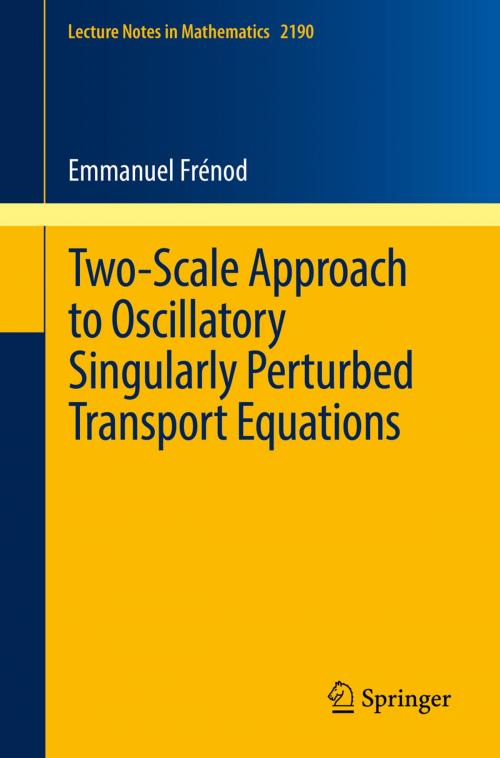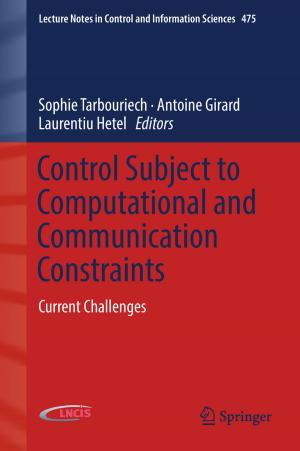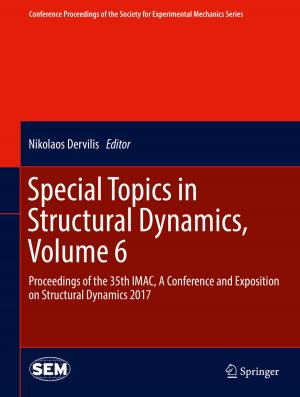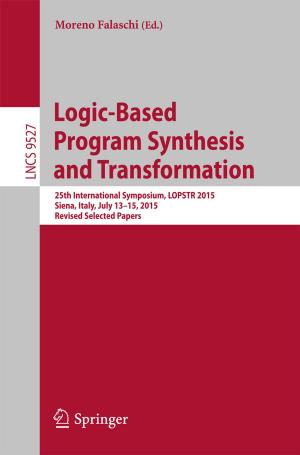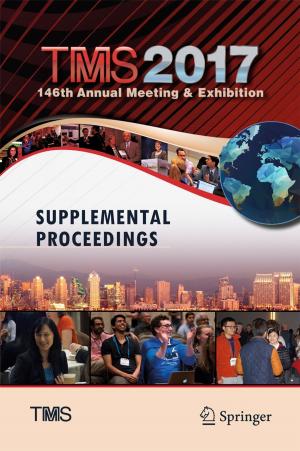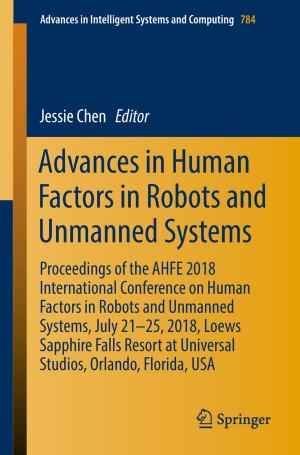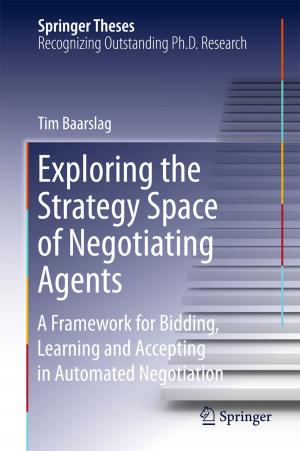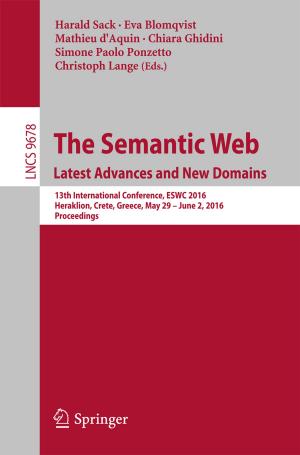Two-Scale Approach to Oscillatory Singularly Perturbed Transport Equations
Nonfiction, Science & Nature, Mathematics, Number Systems| Author: | Emmanuel Frénod | ISBN: | 9783319646688 |
| Publisher: | Springer International Publishing | Publication: | October 5, 2017 |
| Imprint: | Springer | Language: | English |
| Author: | Emmanuel Frénod |
| ISBN: | 9783319646688 |
| Publisher: | Springer International Publishing |
| Publication: | October 5, 2017 |
| Imprint: | Springer |
| Language: | English |
This book presents the classical results of the two-scale convergence theory and explains – using several figures – why it works. It then shows how to use this theory to homogenize ordinary differential equations with oscillating coefficients as well as oscillatory singularly perturbed ordinary differential equations. In addition, it explores the homogenization of hyperbolic partial differential equations with oscillating coefficients and linear oscillatory singularly perturbed hyperbolic partial differential equations. Further, it introduces readers to the two-scale numerical methods that can be built from the previous approaches to solve oscillatory singularly perturbed transport equations (ODE and hyperbolic PDE) and demonstrates how they can be used efficiently. This book appeals to master’s and PhD students interested in homogenization and numerics, as well as to the Iter community.
This book presents the classical results of the two-scale convergence theory and explains – using several figures – why it works. It then shows how to use this theory to homogenize ordinary differential equations with oscillating coefficients as well as oscillatory singularly perturbed ordinary differential equations. In addition, it explores the homogenization of hyperbolic partial differential equations with oscillating coefficients and linear oscillatory singularly perturbed hyperbolic partial differential equations. Further, it introduces readers to the two-scale numerical methods that can be built from the previous approaches to solve oscillatory singularly perturbed transport equations (ODE and hyperbolic PDE) and demonstrates how they can be used efficiently. This book appeals to master’s and PhD students interested in homogenization and numerics, as well as to the Iter community.
